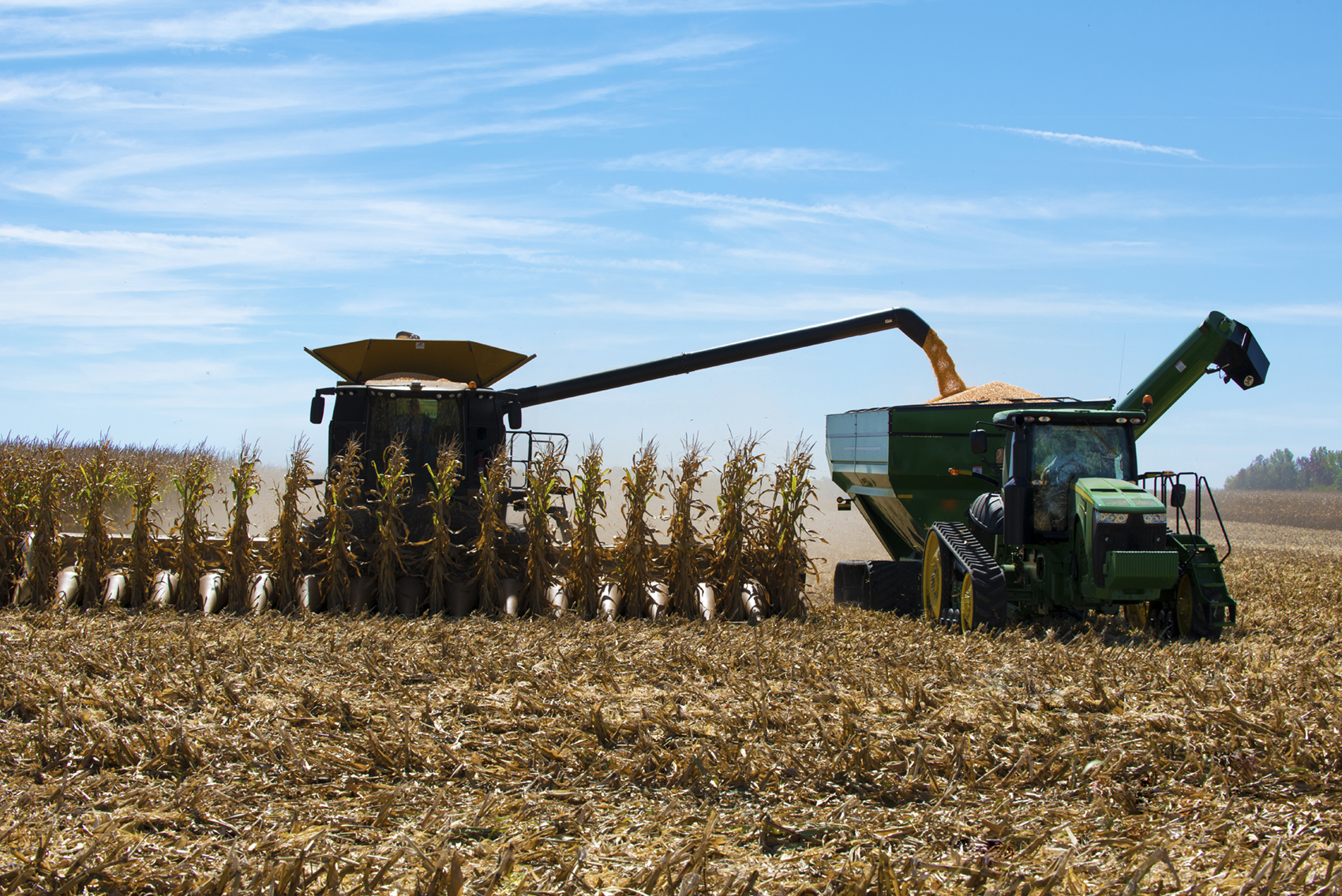|
April 21, 2019
By Robert Pore
robert.pore@theindependent.com

The Trump Administration’s trade war and the related rural economic meltdown is not coincidental, said Gale Lush, American Corn Growers Foundation chairman. According to Lush, who lives in Wilcox, Trump’s tariffs are a major cause of current low corn and soybean prices.
The Trump Administration’s trade war and the related rural economic meltdown is not coincidental, said Gale Lush, American Corn Growers Foundation chairman.
According to Lush, who lives in Wilcox, Trump’s tariffs are a major cause of current low corn and soybean prices.
“The projected jump in U.S. foreign competitor corn and soybean exports in the 2018/2019 marketing year versus 2017/2018 is no surprise,” he said. “U.S. projected exports of corn and soybeans are showing a major drop. Farm-level corn and soybean prices are at seriously low levels as a result.
Lush said that American farmers have spent decades developing foreign export markets with our own money.
“That investment has now been undermined by a counterproductive and illogical trade war against our key export markets,” he said. “The Administration’s trade war is a big failure for farmers, exporters and the rural economy.”
According to Lush, in the current 2018/2019 marketing year foreign competitor countries are producing and trading more grain and oilseeds.
“The administration’s 2018 trade war gave them an opening by positioning the U.S. as an unreliable export partner with world grain buyers and importers,” he said.
Lush said it was an incentive for U.S. export competitor countries to take advantage of the weakened U.S. image around the world.
“Of course, our competitors ramped up output and went after U.S. export markets,” he said.
Lush said the trade war and tariffs on steel and aluminum has also forced U.S. farmers to pay more for equipment, repairs, grain bins, fertilizer and the supplies that they rely on to stay in business. He said American farmers have been forced to store 2018 corn and soybean production that should have and would have been exported without the 2018 Trump trade war.
“Now, massive flooding in the Midwest has damaged millions of bushels of stored corn and beans making those commodities worthless,” Lush said. “Congress should force the Administration to compensate farmers in full for their major financial losses.”
Dan McGuire, ACGF Policy Director said that the USDA’s April 2019 World Agricultural Supply and Demand Estimate projects foreign corn production to reach 741 MMT in 2018/2019, up 36 MMT … 1.4 billion bushels above last year.
He said corn exports of major exporters jump from 48.2 MMT in 2017/2018 to 62.5 MMT in 2018/2019 while U.S. corn exports are dropping from 61.94 MMT in 2017/2018 to 58.42 MMT in 2018/2019, a reduction of 3.52 MMT, nearly 140 million bushels, pressuring corn prices down. MY 2018/2019 average farm-level prices are projected at only $3.40 per bushel.
McGuire said the report projects 2018/2019 soybean exports to be 6.92 MMT less than 2017/2018, a drop of 254 million bushels, with average soybean farm-level prices as low as $8.35 per bushel. “These trade war-driven corn and soybean export losses and low prices make it both urgent and essential that the EPA implement a year-round 15 percent ethanol blend in gasoline immediately,” he said. “A 30 percent blend would be much better. Oil company ethanol blend waivers must be eliminated so farmers can expand the domestic market as a means to help mitigate the trade war-driven U.S. export corn demand loss.”
Dan McGuire is director of the American Corn Growers Foundation.
Mr. McGuire lives in Lincoln.
|

